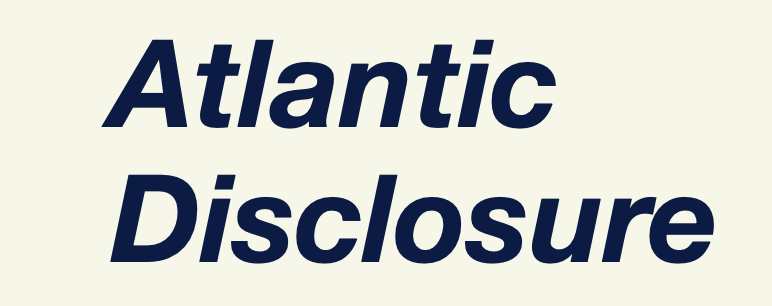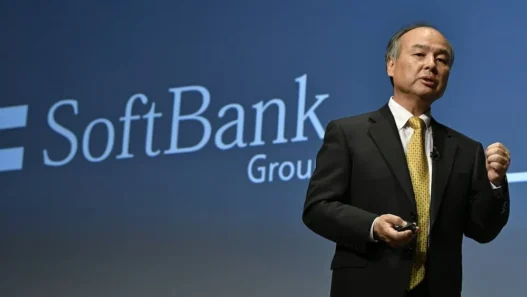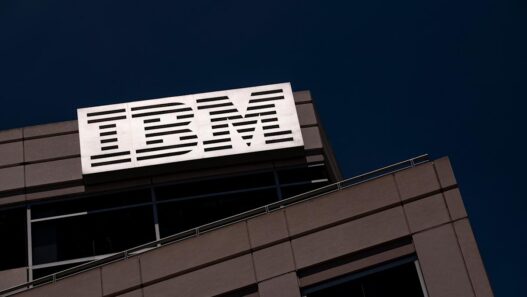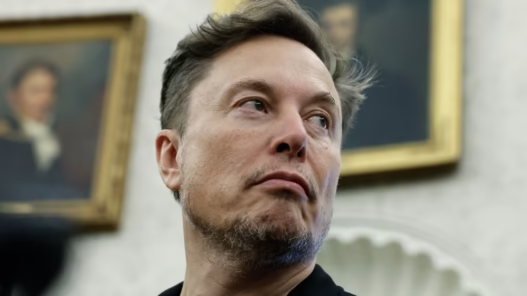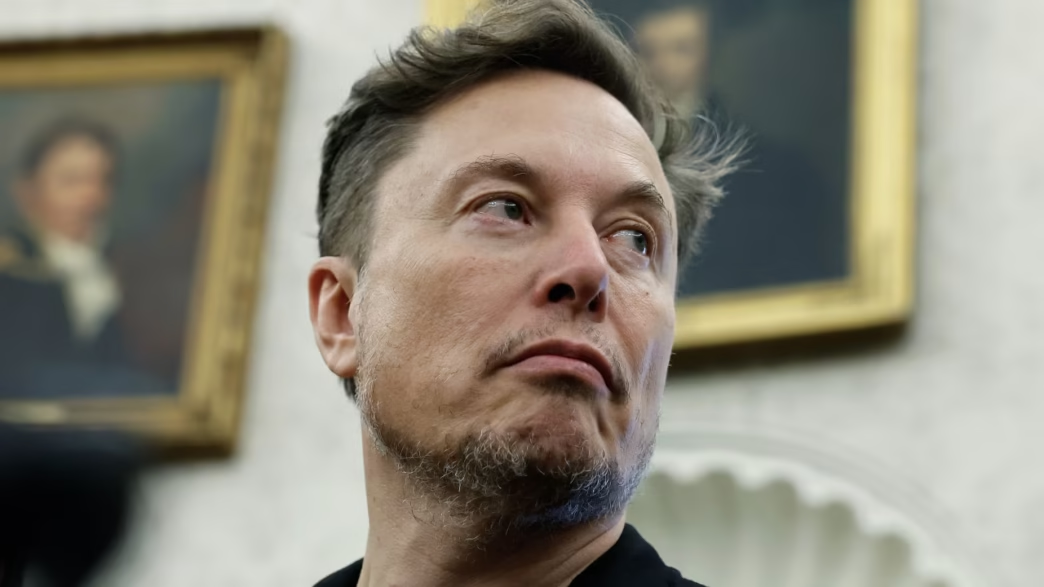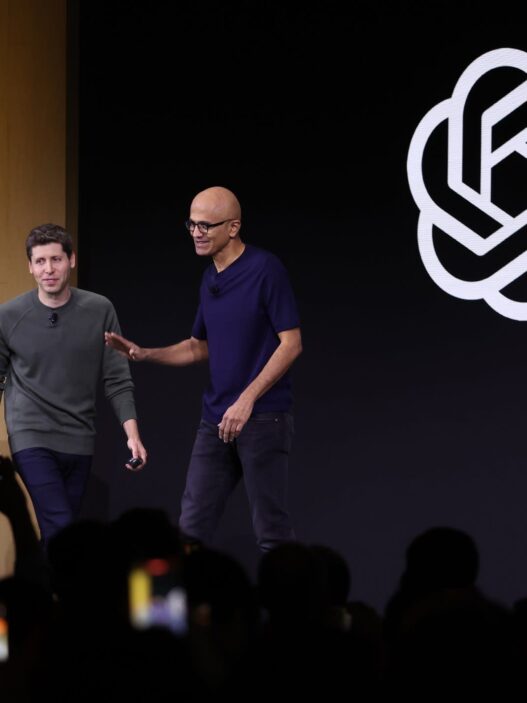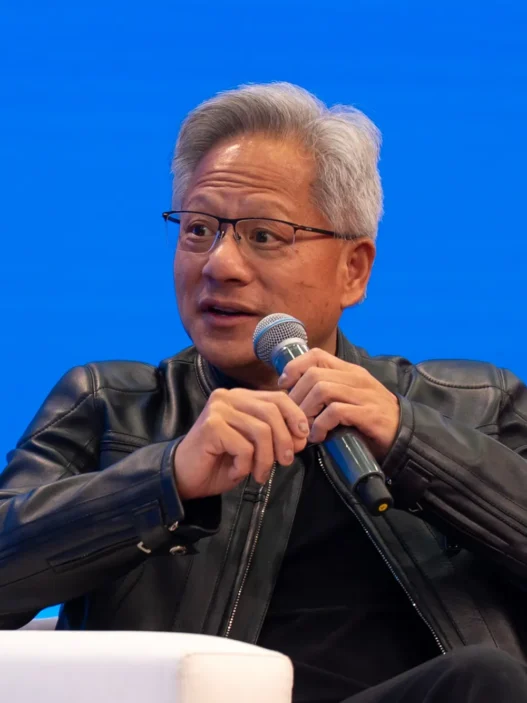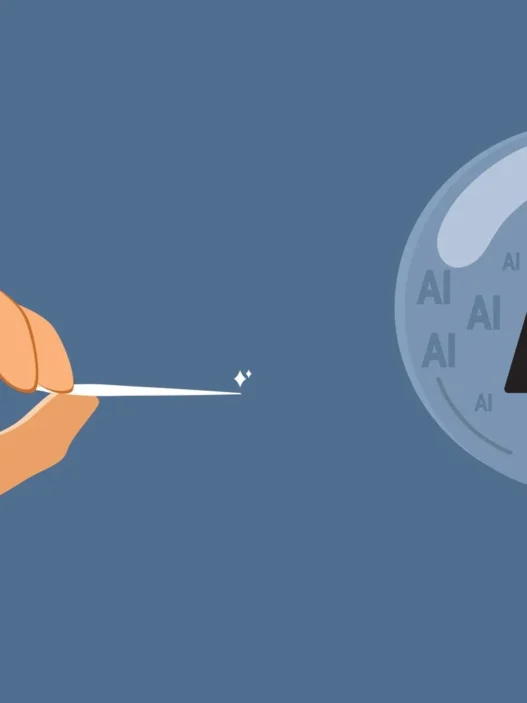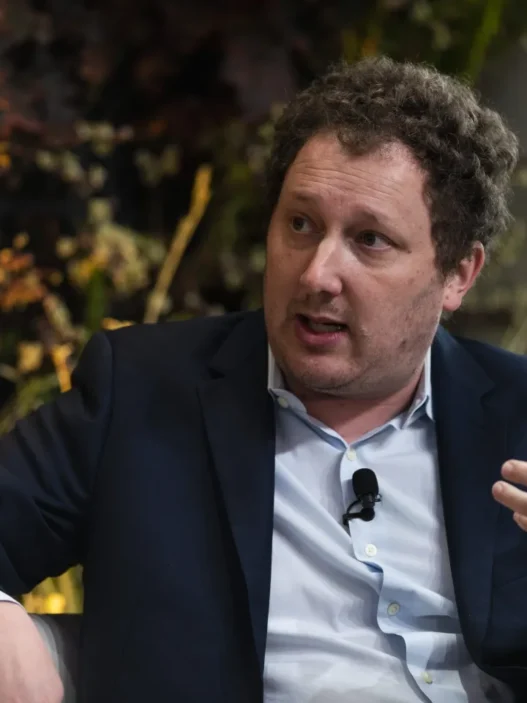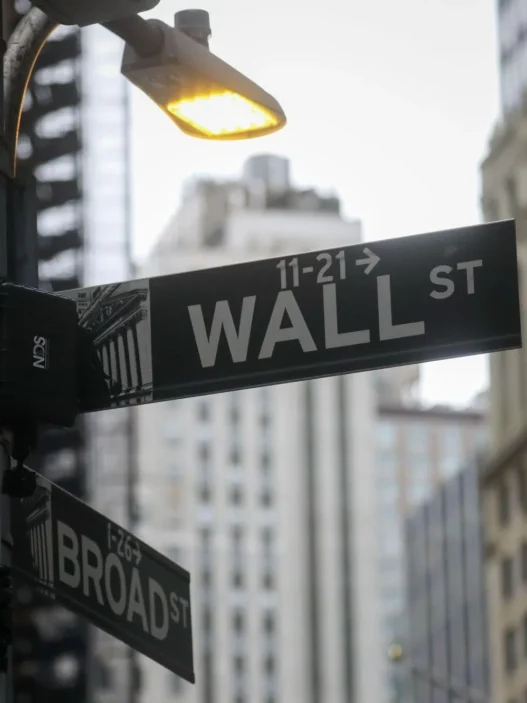Elon Musk’s artificial intelligence venture, xAI, has filed lawsuits against Apple and OpenAI, escalating tensions in the race to control the future of artificial intelligence. The suits—filed in federal court this week—mark one of the most consequential legal showdowns in the rapidly evolving AI industry, with implications for innovation, intellectual property, and how AI systems are deployed across consumer technology.
The Crux of the Dispute
According to filings, xAI alleges that Apple is unlawfully integrating OpenAI’s models into its operating systems and devices without proper competitive safeguards, creating what Musk’s firm calls an “anti-competitive ecosystem” that restricts innovation. The complaint also names OpenAI directly, claiming that the company has deviated from its original non-profit mission and is unfairly leveraging privileged partnerships to dominate the AI market.
“OpenAI has transformed from an open research collective into a closed commercial monopoly,” xAI’s legal filing reads. “Its partnership with Apple threatens to lock billions of users into a controlled pipeline of AI services, cutting off fair access to competing technologies.”
Apple and OpenAI’s Partnership Under Fire
The lawsuit arrives just months after Apple announced that future versions of iOS, macOS, and Siri would integrate OpenAI’s ChatGPT and other generative AI tools directly into its ecosystem. While Apple framed the deal as an enhancement of user experience, critics—including Musk—argue that it entrenches OpenAI’s dominance and sidelines competitors like xAI.
Musk, who helped co-found OpenAI in 2015 before parting ways over disagreements in governance, has repeatedly accused the company of abandoning its commitment to transparency and public benefit. He has also publicly criticized Apple’s reliance on OpenAI, warning that it poses risks for user privacy, security, and competition.
Legal Claims and Antitrust Questions
xAI’s lawsuit against Apple and OpenAI brings together a variety of legal arguments, including:
- Antitrust Violations: xAI claims the partnership represents an unlawful monopoly, violating U.S. antitrust laws by foreclosing rivals from fair competition in AI services.
- Breach of Fiduciary Duty: Against OpenAI specifically, Musk’s firm alleges that the company’s original charter was effectively abandoned, raising questions about whether its transformation into a for-profit enterprise was legal.
- Consumer Protection Concerns: The filings suggest that Apple’s integration of OpenAI models could compromise user choice, locking billions of iPhone and Mac users into services they did not explicitly choose.
Legal experts note that the case could be one of the most significant technology lawsuits since United States v. Microsoftin the 1990s, which reshaped competition in the software industry.
“This lawsuit isn’t just about AI—it’s about the structure of the next computing era,” said Dr. Laura Hastings, a professor of technology law at Stanford. “If Musk succeeds, it could force regulators and courts to rethink how AI partnerships are governed.”
The Broader AI Battle
The lawsuits add to the already heated rivalry between Musk and OpenAI’s leadership. Since founding xAI in 2023, Musk has sought to position his company as a challenger to OpenAI, developing its own large language model, Grok, integrated into X (formerly Twitter). He has promised to build AI systems that are “truthful, transparent, and safe”—a sharp contrast to his accusations that OpenAI has become profit-driven and opaque.
Apple’s role complicates the landscape further. While historically a hardware company, its entry into generative AI via OpenAI marks a decisive shift into software-based intelligence. For Musk, that makes Apple both a competitor and a gatekeeper—one with the power to decide which AI technologies reach global consumers.
Industry and Market Reactions
The lawsuit has already sparked strong reactions across Silicon Valley and Wall Street.
- Tech Investors: Many fear the case could inject uncertainty into the AI boom, slowing adoption while courts deliberate.
- AI Startups: Smaller players see the lawsuit as potentially opening the door for fairer competition if Musk succeeds.
- Regulators: The Department of Justice and Federal Trade Commission, already investigating Big Tech partnerships in AI, may view the case as an opportunity to sharpen oversight.
Shares of Apple dipped modestly after news of the lawsuit, while Microsoft—OpenAI’s largest investor and strategic partner—also saw volatility, reflecting concerns that the litigation could ripple across its AI ventures.
What’s at Stake
The stakes in xAI v. Apple and OpenAI go far beyond corporate rivalry. The case could define:
- Who Controls AI Access: Whether a handful of corporations will dominate consumer AI services, or if competition will remain open.
- The Future of AI Regulation: How courts interpret partnerships and charter obligations in emerging technologies.
- Consumer Choice and Privacy: Whether users will be able to select their AI providers freely or be funneled into pre-installed services.
For Musk, the case is also personal. By taking on OpenAI, he is not only challenging his former creation but also positioning himself as the defender of competitive fairness in an industry he believes is too centralized.
Conclusion: A Legal Showdown with Global Implications
The lawsuits against Apple and OpenAI mark a defining moment in the race to control the next era of computing. At issue is not just market dominance but the principles of openness, fairness, and accountability in artificial intelligence.
If Musk’s xAI prevails, the result could force Apple and OpenAI to restructure their partnership and create new opportunities for rivals. If it fails, the outcome may cement the dominance of a few corporate giants at the very foundation of the AI economy.
Either way, xAI v. Apple and OpenAI is set to become a landmark case—one that will shape the rules of engagement in the global competition for AI supremacy.
